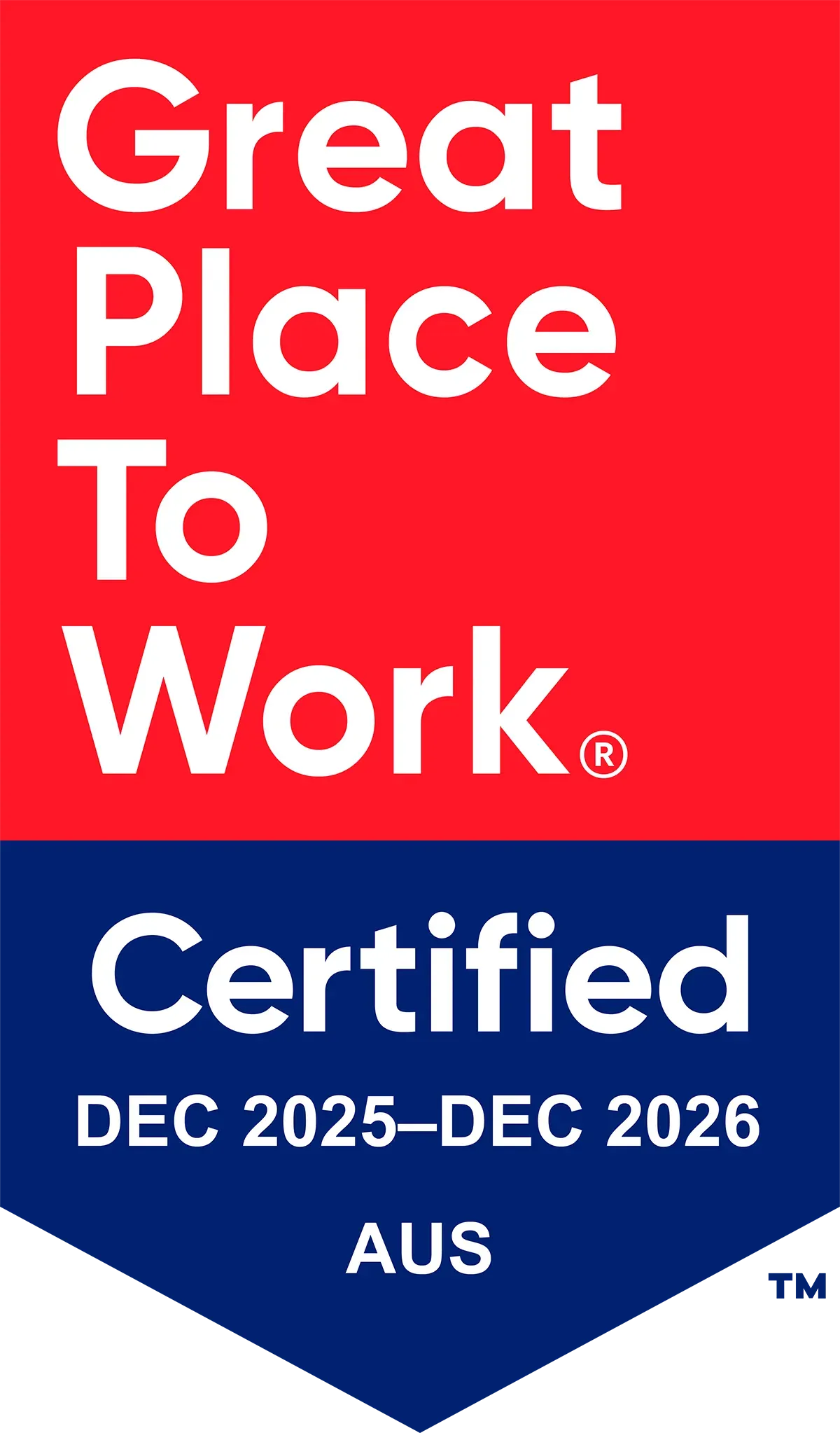ATO’S new motor vehicle rates
2 August 2018
NEW MOTOR VEHICLE RATES FROM 1 JULY 2018
Cents per kilometre rate
The Australian Taxation Office has advised that the cents per kilometre rate has been increased to 68 cents per kilometre from the 1 July 2018.
The cents per kilometre rate is applicable for businesses paying their employees a motor vehicle allowance based on the number of kilometres they travel. For example, if an employee travelled 250 kilometres, the new allowance payable to them is $170 compared to $165 as was the case before the 30 June 2018.
It is additionally good news for individuals when preparing their 2019 tax return. As a bit of a recap, under the cents per kilometre method a deduction can be claimed for the number of kilometres travelled during a year up to a maximum of 5,000 kilometres. Written evidence is not required to be kept, however the Australian Taxation Office has voiced concerns over the last few months about more questions being asked if 5,000 kilometres are being travelled each year without any real grounds for the deduction. For example, claiming the travel between home and work is not allowed.
GST claimable on Motor Vehicles
From the 1 July 2018, the Australian Taxation Office has increased the car limit to $57,581.00.
Cars with a purchase price higher than the car limit are only able to claim GST on 1/11 of the car limit. For example, if a business purchases a vehicle costing $75,000 on the 15 July 2018, the maximum GST credit they can show on the next business activity statement is $5,234.
If you would like assistance with recording the correct GST on the acquisition of a motor vehicle, please contact PJT – we are awesome!
Latest News

Recovery support for people and communities affected by the Victorian fires that started on 7 January 2026. Victoria is facing severe bushfires throughout most of the state. A State of Disaster has been declared. Communities, farmers and businesses are facing heavy losses. The Victorian and Australian Governments are providing essential support to communities hit by the January bushfires. This aid will help with both immediate and long-term recovery needs. A summary of what if on offer is below: Financial Help for families Emergency Accommodation Long Term Recovery Help Clean-Up Help Help for Primary Producers and Farmers Counselling and Social Recovery Roads and community asset support Insurance Advice General Support Further information is available here: https://www.vic.gov.au/january-2026-victorian-bushfires

M Group Lending make Top 100 Broking Businesses list - nationwide. Our Lending team have been recognised in the Top 100 Mortgage Broking businesses through our aggregator LMG. This is an outstanding achievement as the list takes into account all mortgage broking businesses Australia wide. Well done to all our home loan brokers and their support team for their hard work and ultimate dedication to their clients! To chat to our team about your home loan, commercial loan or business loan needs - go to: www.mgroup.partners/lending-team




